Pericles A. Mitkas
Few-Shot Load Forecasting Under Data Scarcity in Smart Grids: A Meta-Learning Approach
Jun 09, 2024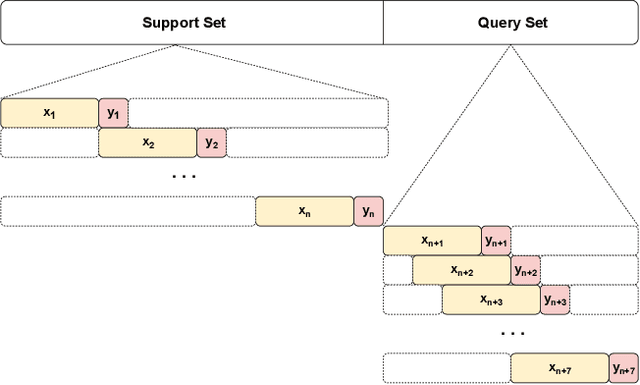

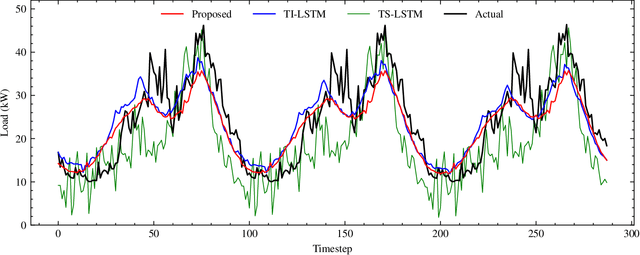
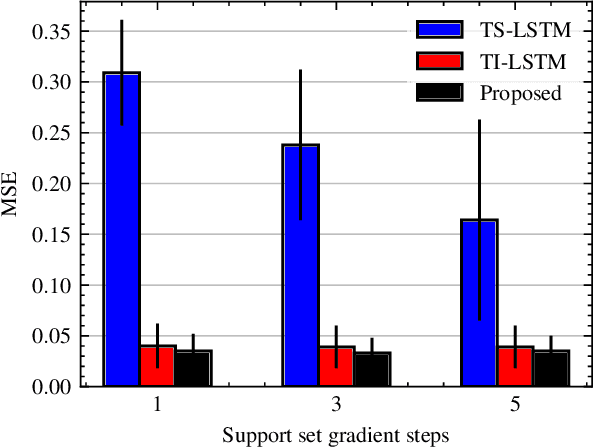
Abstract:Despite the rapid expansion of smart grids and large volumes of data at the individual consumer level, there are still various cases where adequate data collection to train accurate load forecasting models is challenging or even impossible. This paper proposes adapting an established model-agnostic meta-learning algorithm for short-term load forecasting in the context of few-shot learning. Specifically, the proposed method can rapidly adapt and generalize within any unknown load time series of arbitrary length using only minimal training samples. In this context, the meta-learning model learns an optimal set of initial parameters for a base-level learner recurrent neural network. The proposed model is evaluated using a dataset of historical load consumption data from real-world consumers. Despite the examined load series' short length, it produces accurate forecasts outperforming transfer learning and task-specific machine learning methods by $12.5\%$. To enhance robustness and fairness during model evaluation, a novel metric, mean average log percentage error, is proposed that alleviates the bias introduced by the commonly used MAPE metric. Finally, a series of studies to evaluate the model's robustness under different hyperparameters and time series lengths is also conducted, demonstrating that the proposed approach consistently outperforms all other models.
Deep Reinforcement Learning for Doom using Unsupervised Auxiliary Tasks
Jul 05, 2018
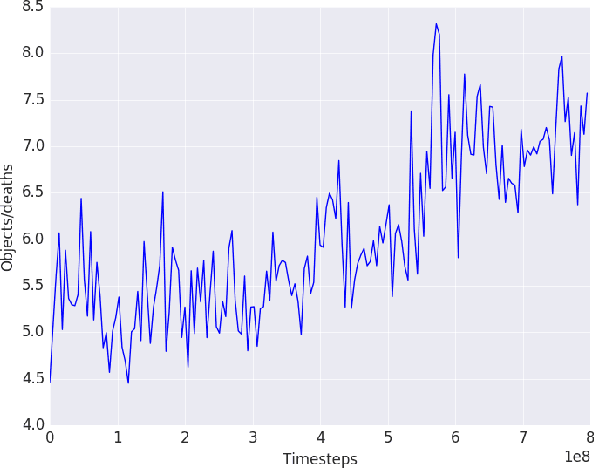
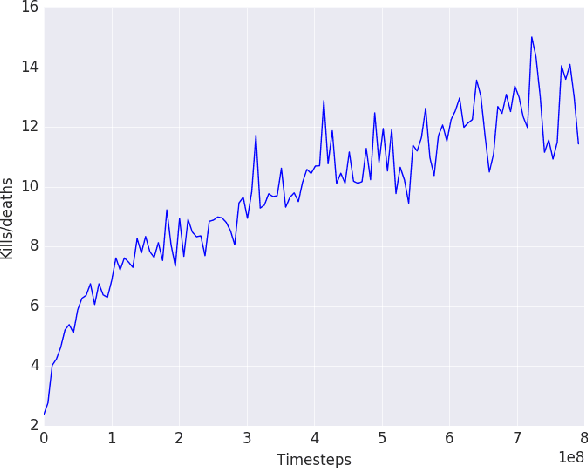

Abstract:Recent developments in deep reinforcement learning have enabled the creation of agents for solving a large variety of games given a visual input. These methods have been proven successful for 2D games, like the Atari games, or for simple tasks, like navigating in mazes. It is still an open question, how to address more complex environments, in which the reward is sparse and the state space is huge. In this paper we propose a divide and conquer deep reinforcement learning solution and we test our agent in the first person shooter (FPS) game of Doom. Our work is based on previous works in deep reinforcement learning and in Doom agents. We also present how our agent is able to perform better in unknown environments compared to a state of the art reinforcement learning algorithm.
Inducing Generalized Multi-Label Rules with Learning Classifier Systems
Dec 25, 2015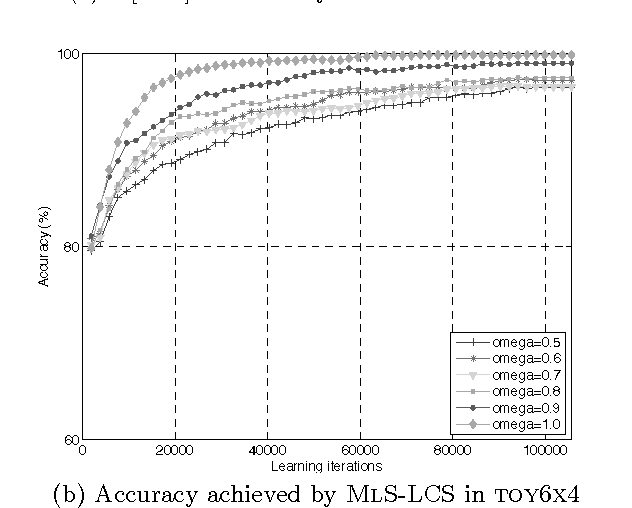

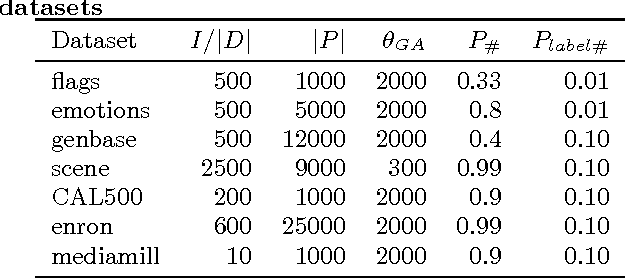
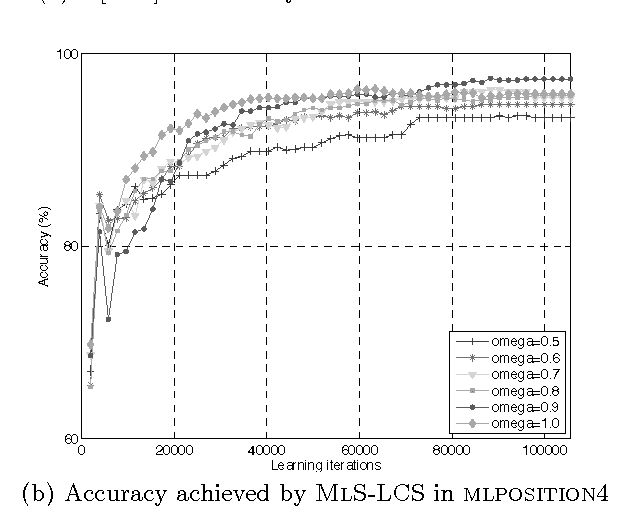
Abstract:In recent years, multi-label classification has attracted a significant body of research, motivated by real-life applications, such as text classification and medical diagnoses. Although sparsely studied in this context, Learning Classifier Systems are naturally well-suited to multi-label classification problems, whose search space typically involves multiple highly specific niches. This is the motivation behind our current work that introduces a generalized multi-label rule format -- allowing for flexible label-dependency modeling, with no need for explicit knowledge of which correlations to search for -- and uses it as a guide for further adapting the general Michigan-style supervised Learning Classifier System framework. The integration of the aforementioned rule format and framework adaptations results in a novel algorithm for multi-label classification whose behavior is studied through a set of properly defined artificial problems. The proposed algorithm is also thoroughly evaluated on a set of multi-label datasets and found competitive to other state-of-the-art multi-label classification methods.
 Add to Chrome
Add to Chrome Add to Firefox
Add to Firefox Add to Edge
Add to Edge